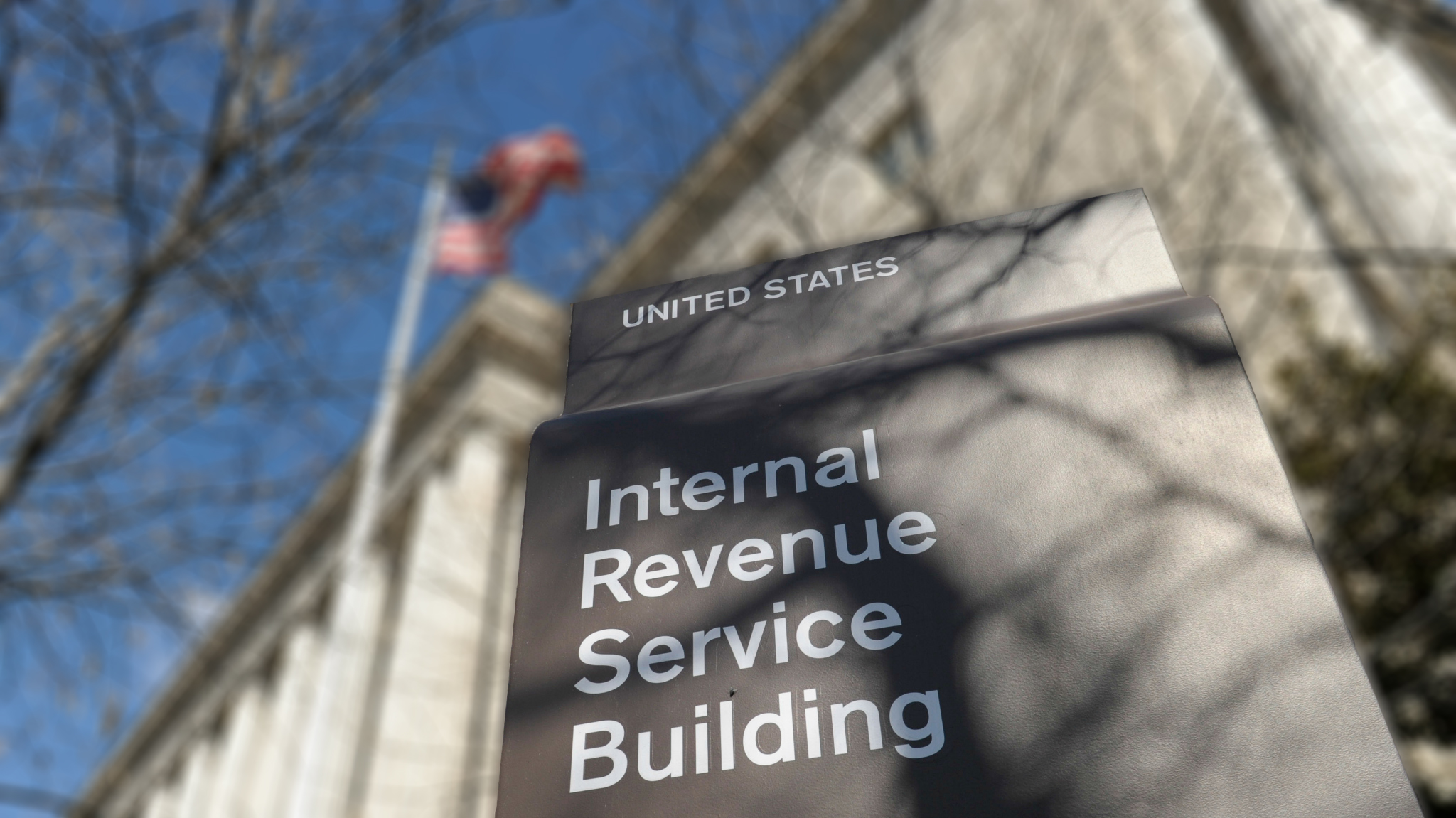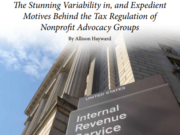The enlightened ones at Vox deemed the IRS scandal worthy of their peculiar brand of explanation last week in a piece titled “The IRS scandal shows the IRS needs a bigger budget.” While its many flaws have been dissected elsewhere, and subsequent Vox coverage of the scandal has been equally sloppy, there’s one argument in particular made by Vox that warrants a fuller refutation, if only for its prevalence in the debate over (c)(4) political activity. Vox states:
“Part of the issue is that IRS rules on the matter have been ambiguous. The statute establishing 501(c)4s states that they must engage exclusively in “social welfare activity,” which can include lobbying and political advocacy but does not include active campaigning. But for years the IRS interpreted that to mean that the groups must primarily engage in “social welfare activity,” and could do some campaigning as long as it wasn’t their main bag. A new proposed rule would clarify that “candidate-related political activity” doesn’t count as social welfare activity, but it’s unclear how much of the former 501(c)4s will continue to be allowed to do under the rule.”
This “explanation” suggests that confusion over the existing rules is about how much political activity is permissible for (c)(4)s, and that the proposed IRS rule (which has been withdrawn and will likely be revised and re-issued in early 2015) would have provided clarity. Neither is true.
The amount of permissible political activity for (c)(4)s is actually extremely clear in the existing rules – anything less than 50% is allowed. The contrived controversy over “exclusively” and “primarily” has been beaten to death, but is just a simple misreading of the historical record. The American Bar Association recognized that in its comments on the IRS’s withdrawn proposal regulating the permissible activities of (c)(4)s, writing:
“There is ample support that permitting some degree of political intervention activity by section 501(c)(4) organizations does not undermine Congressional intent. For example, the same word “exclusively” appears in section 501(c)(3), but in 1945 the Supreme Court wrote in Better Business Bureau v. United States that a “substantial” non-exempt purpose will destroy exemption under section 501(c)(3). The Court did not forbid all non-exempt purposes or activities; it did not interpret “exclusively” literally. Regulations promulgated in 1959 and retroactive to 1953 incorporated this interpretation, clarifying that “exclusively” means “primarily” for both section 501(c)(3) and section 501(c)(4) organizations. The Regulations did so to carry out, not oppose, Congressional intent.”
Comments by tax-exempt organization attorney, Barnaby Zall, on the proposal further emphasize this point: “Section 501(c)(4) does not contain an express prohibition on political activity. The other sections of Section 501(c) which have been interpreted as including a “primary purpose” test on political activities, also don’t contain express language on political activity… In contrast, Section 501(c)(3) contains an express prohibition on political activity… In other words, Congress knows how to reference political activity, either generally or less explicitly, when it means to include it within a tax-related prohibition or limitation. It did not do so in the text of Section 501(c)(4).”
Congressional intent aside, this approach is sensible. Many goals of social welfare organizations – from improving the health of the environment, to reducing gun violence, to aiding the poor – have a clear intersection with public policy. It’s not at all surprising or nefarious that a Section 501(c)(4) social welfare organization would sometimes want to speak out in favor of candidates supporting their views and in opposition to those they disagree with. The primary purpose test balances concerns about the use of groups that do not have to disclose their membership for political activity with the need to allow citizen groups organized around issues to occasionally speak about candidates.
Controversial or not, the IRS’s existing regulations are certainly clear in saying that social welfare organizations may engage in political activity so long as it is not their primary purpose. That doesn’t mean the rules are clear overall, and we’ve been among the foremost critics of the heavily subjective “facts and circumstances” test used by the IRS to determine how much of an organization’s activities are political. But Vox never mentions the facts and circumstances test, a bizarre omission for a piece about a scandal stemming from IRS discretion over social welfare organizations’ tax status.
After misrepresenting the source of confusion in the existing rules, Vox wrongly claims that the IRS proposal would have addressed the problem. What the proposal actually would have done is exacerbate the problem by introducing a new term, “candidate-related political activity,” that would essentially apply a different definition of political activity to (c)(4) groups than the one used for every other (c) group and PAC. In what universe does this make things more clear?
Under the new, ill-crafted definition, everything from publishing nonpartisan voter guides, to hosting meet-the-candidate events, to organizing get-out-the-vote drives would have been restricted. For nonprofits affected by the rule, it would have been a logistical nightmare and a magnet for lawsuits. It should be no surprise the rule attracted near-universal opposition from all sides of the political aisle. The only thing clear about the proposed rule is that it would have shut down a ton of socially beneficial activity.
As a site that purports to “explain” the news, this is a very poor entry. A cynic might suggest the only reason Vox brands itself as “explainer” journalism is to discourage readers from checking their work against other sources. Anyone familiar with the historical record on campaign finance could tell you that Vox’s coverage of the scandal is full of lazy misstatements of the law and unbalanced reporting.














